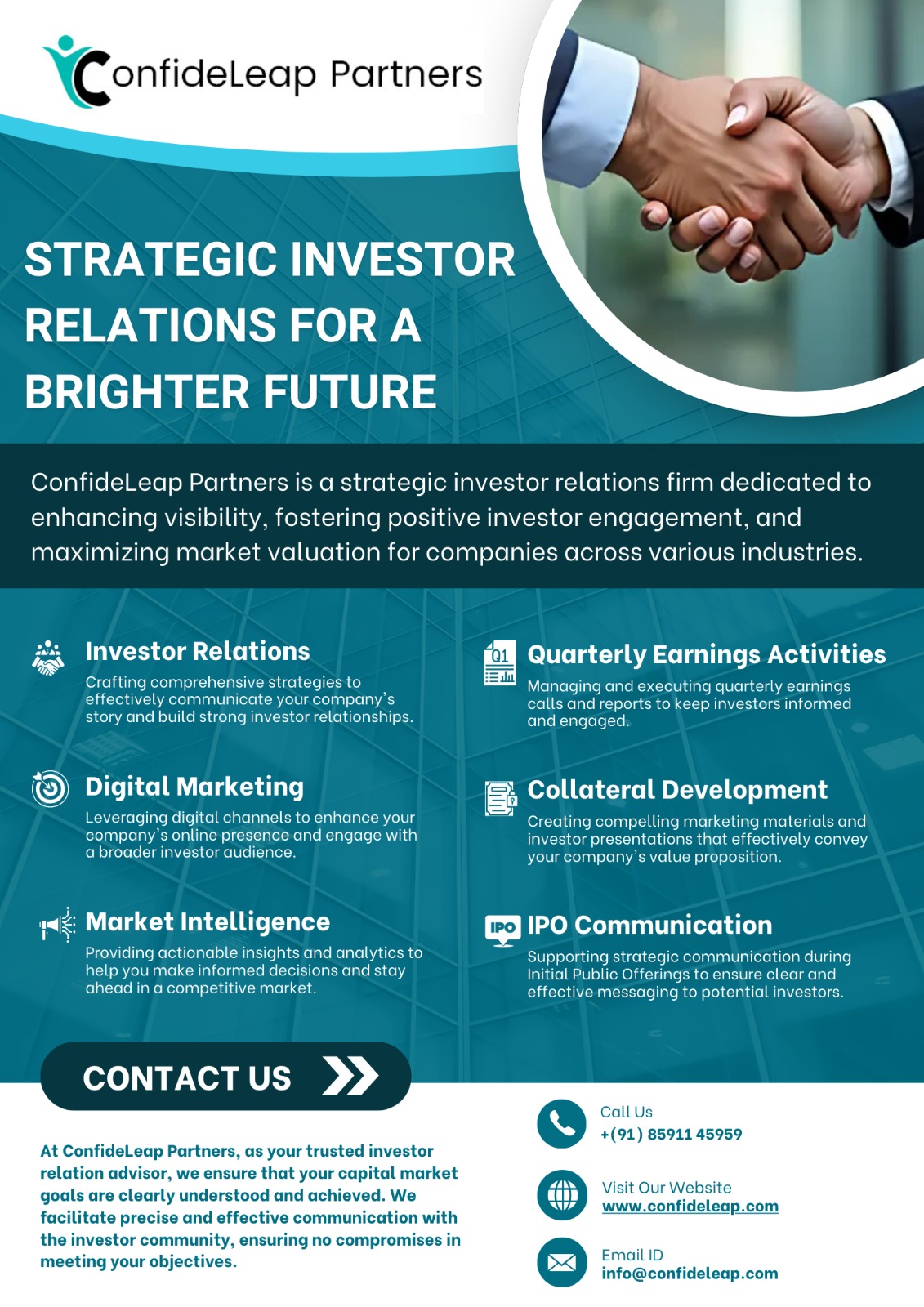The world today seems to be running on three letters – ESG, which stands for Environmental, Social, and Governance. The ESG framework is no longer just a concept; it is now a core value proposition for companies that wish to remain relevant, obtain a competitive advantage, and deliver sustainable value. But it is still unclear what ESG truly means and how it leads to business advancement and fosters innovation. Let’s further discuss this transformative force.
Understanding ESG Initiatives
ESG stands for Environmental, Social, and Governance, which are standards for evaluating strategic performance with respect to opportunities and risks. These initiatives coordinate a business’s obligations with the principles of society.
What is ESG?
Most of you must be aware that ESG is an acronym for Environmental, Social, and Governance factors. It is a framework that guides a company’s operations on how they can be conducted in ways that are harmless to the environment, fair in relation to people, and moral in terms of governance. With pressure from activist shareholders, the integration of ESG rules is no longer a luxury but a necessity. It concerns acting now in a way that ensures trust and stability in the future.
The Components of ESG
Breaking down ESG into its three components helps clarify its scope:
- Environmental: This examines how organizations manage their impacts on the environment, such as carbon management and sustainable material management.
- Social: Focuses on the firm’s interaction with employees, customers, and communities, including labor relations, diversity, and social investment.
- Governance: Involves leadership, integrity, and standards like executive policies, shareholder management, and anti-corruption measures.
The Business Case for ESG Initiatives
Businesses are increasingly weaving ESG into their core strategies because these initiatives offer concrete benefits beyond reputational gains.
Risk Management and ESG
ESG strategies serve as an additional measure of risk management. For example, an oil company investing in equipment to prevent oil spills minimizes losses and avoids the negative impact of penalties or damage to its reputation. These strategies are vital for companies aiming to be the best company for investment or a top investment advisor in India.
Investor Attraction and Retention
In the investment world, ESG has become a key factor for investors seeking sustainable investments. Companies with strong ESG factors can attract private investors and access more extensive capital, an essential aspect for any professional investment advisor.
Driving Innovation through ESG
Innovation doesn’t happen by chance; it is driven by necessity. ESG is a catalyst for core business growth and innovation since it creates a need for new ideas and methods.
Sustainable Product Development
Companies focusing on ESG are redesigning products for sustainability, like a fashion brand producing apparel from recycled fabric. This not only appeals to environmentally conscious consumers but also lowers costs—a strategy well-known among investor relations advisory firms.
Enhancing Operational Efficiency
Implementing ESG often leads to efficiency gains, such as energy savings and reduced waste, which bring significant cost reductions. This is a vital consideration for any financial advisor investment strategy.
Conclusion
In summary, ESG activities are a potent force behind core business growth and innovation. By embracing environmental stewardship, social responsibility, and ethical corporate governance, companies can manage risks, attract investors, and open new horizons for growth. ESG is not just about keeping pace with the future; it’s about defining it. Will your company take advantage of this chance to succeed in the ESG space with the help of an investor relations consultant?





